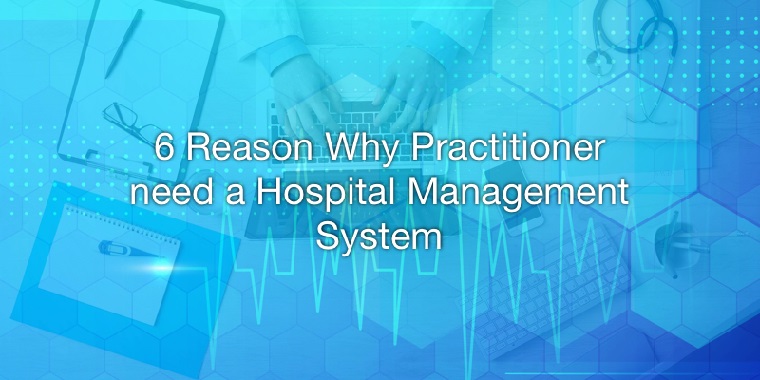A decade ago, had anyone imagined that smartphones and advanced technology would drastically change the way businesses work? If we consider the healthcare industry, today there are numerous medical app solutions for doctors and patients in the market. These solutions are time and effort-saving systems for hospitals, clinics, and similar medical organizations. These systems help manage the appointments, save medical records safely in digital format using Electronic Medical Records (EMRs) and Electronic Health Record (EHRs), enable instant payments, provide online assistance, e-Prescription, etc. They ensure better connectivity, transparent processes, and efficient operations.
Technologies like Artificial Intelligence (AI), Internet of Medical Things (IoMT), Wearables, etc. are bringing something new every year to enrich the healthcare industry. As per Statista, a leading business data platform- revenue generation from just artificial intelligence systems since 2013 to 2021, globally, will be 6.7 billion U.S. dollars. Huge scope!
These emerging technologies have given promising solutions to handle the routine healthcare-related tasks and overcome other challenges in medical organizations. In this article, we will learn about the latest technologies influencing the healthcare industry.
Technologies Used in Medical App Solutions for Doctors:
Wearable Technology
Smart-watches, fitness trackers, etc. are very useful in monitoring and gathering essential health data of the patients. These devices and systems can be life-saving as the doctors can give proactive medical care in dangerous health situations. The wearable devices, when merged with medical app solutions for doctors, provide accurate and real-time information of the patients which helps the doctors/physicians take informed-decisions.Internet of Medical Things (IoMT)
Internet of Medical Things (IoMT) is another new-age technology that provides digital health solutions to increase patient engagement. IoMT uses sensors and similar systems to collect and transfer health information like blood pressure, weight, oxygen levels, heartbeat, blood sugar levels, ECGs, etc. It allows remote examining of patients and thus, reduces the costs of healthcare solutions.Artificial intelligence (AI)
Artificial Intelligence (AI) has been a game-changer in healthcare. For instance, after performing a medical test, it used to take at least a week to get the results. However, AI has dramatically improved services like body scans, diagnostic capabilities, customized treatment plans, predicting diseases, and other tests. AI plays a vital role in enhancing the practice management system in healthcare. It improves the capacity to store and process large amounts of medical data.Other Technologies:
Blockchain, Chatbots, AR and VR
Blockchain technology has influenced online transactions while improving transparency and reducing financial business costs. This technology secures important data like Electronic Health Records (EHRs), insurance claims, etc. from breaches.Chatbots are trained and programmed messengers which are used to chat with customers in real-time and provide information as the humans do. They help to enhance service delivery and provide faster responses to customers.
Augmented Reality (AR) and Virtual Reality (VR) technologies are taking the healthcare industry to the next level of advancement. These technologies are already being used in different treatments. For instance, to remove the tumors safely, neurosurgeons use AR technology.
Conclusion:
The motive of advanced technology is to provide preventive care, personalized medical treatment, reduce the expenses, enhance patients’ experiences, and big data processing. Using the above-mentioned technologies, healthcare IT service providers in Texas have helped several hospitals, medical practitioners, medical institutions and patients and improved care.For instance, a practice management system in healthcare has proven to be an efficient tool in streamlining the workflow, enhanced automation and improved productivity, which has ultimately led to quality patient care. Likewise, a doctor on-demand solution helps needy patients to instantly find and book a doctor. Also, for the safety and security of the sensitive healthcare data, these solutions are made HIPAA compliant.
The future of healthcare will inevitably rely on cutting-edge technologies like wearables, IoMT, AI, blockchain, AR and VR. Many outstanding discoveries are awaited that will shape various healthcare solutions.



